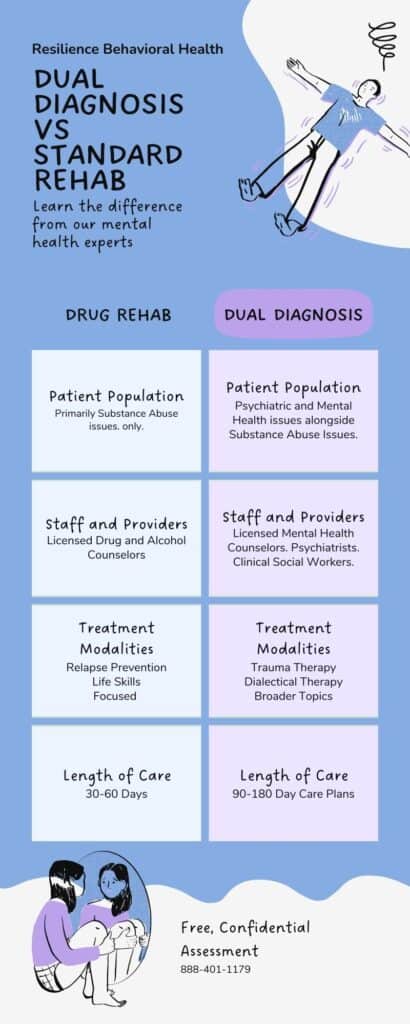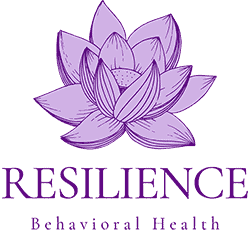The Link Between Trauma and Dual Diagnosis: Massachusetts Insights
A Dual Diagnosis Treatment Center in Massachusetts plays a crucial role by providing strong support for individuals facing both trauma and substance use challenges.
These centers offer a wide range of services designed to meet the unique needs of each person. It’s a safe place where individuals can start their healing journey, guided by a team of committed professionals.
According to the National Institute of Mental Health found that about 70% of people facing both mental health and dual diagnosis have gone through some form of trauma.
Here are several explanations for why this correlation exists:
Aftereffects Of A Traumatic Event
Impact on Brain Development
Experiencing trauma, especially during childhood or adolescence, can affect how the brain develops, particularly in areas that deal with emotions and stress.
This makes individuals more prone to mental health problems and substance use issues.
Self-Medication
Individuals who have experienced trauma may turn to substances such as drugs or alcohol as a way to deal with negative emotions like anxiety or depression.
This reliance on substances can result in dependence and exacerbate mental health symptoms.
Avoidance and Numbing
Turning to substances can serve as a method to evade or numb distressing memories and emotions associated with trauma.
While this might offer temporary relief, it can hinder the healing process and create a cycle of trauma and substance use.
Revictimization
Those with dual diagnosis are at a higher risk of being victimized again, like experiencing physical or sexual assault. This further intensifies trauma symptoms and makes treatment more challenging.
Social Stigma and Marginalization
Dealing with both mental health and substance use problems brings a double stigma, which can lead to isolation and feeling marginalized. This social exclusion can make both conditions worse.
Massachusetts is taking proactive steps to address the interconnection between trauma and dual diagnosis.

Trauma-Informed Care (TIC) Initiative
Massachusetts is emphasizing a holistic approach that recognizes how trauma affects those with dual diagnosis.
This includes creating safe environments, using trauma-specific treatments, and empowering individuals to take control of their lives.
Massachusetts Dual Diagnosis Treatment Center
This network provides a comprehensive system of care for those with dual diagnosis, offering assessment, treatment, and case management.
It encourages collaboration among different providers and agencies to ensure effective and coordinated care.
Conclusion
Dealing with both trauma and dual diagnosis requires a comprehensive approach to treatment. This means understanding how trauma affects individuals, using care practices that take trauma into account, and offering thorough treatment services.
By doing this, we can support people with dual diagnosis in healing from their trauma and effectively managing both their mental health and substance use.
Massachusetts is setting an example in addressing this challenging issue and making a positive impact on the lives of those dealing with dual diagnosis.


